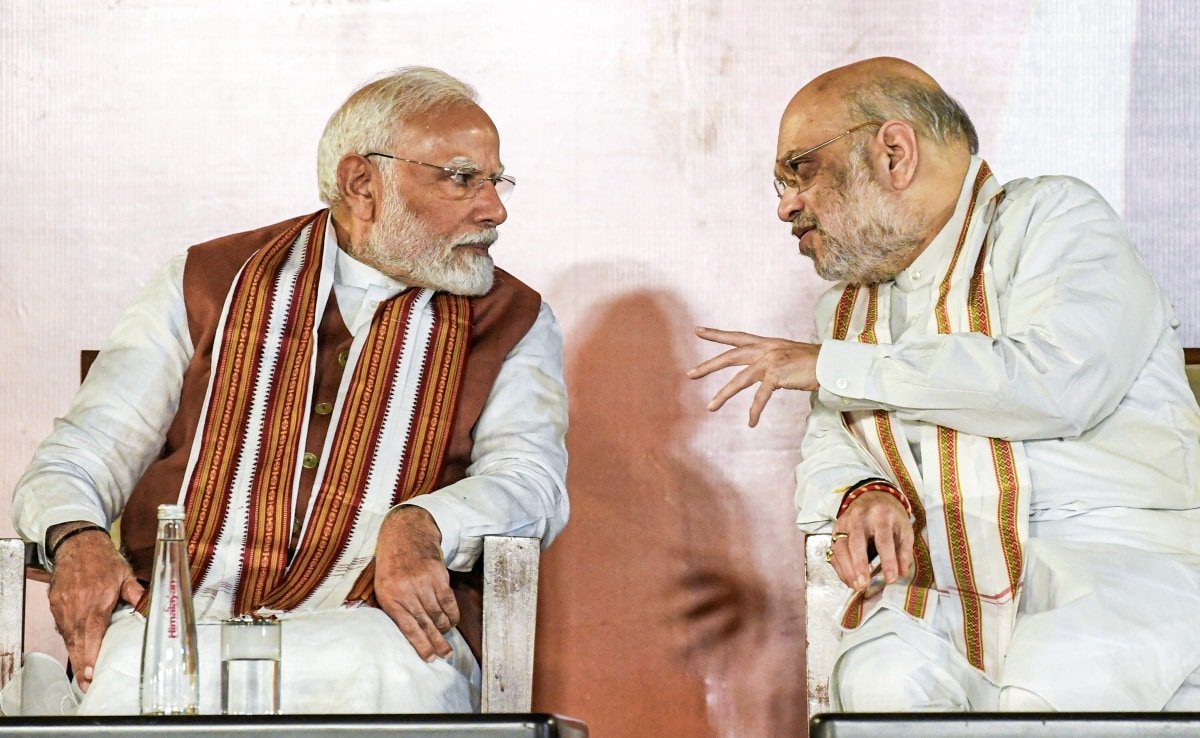
New Delhi:
India has set its sights on an ambitious space program, aiming to land an astronaut on the moon by 2040, according to the Indian Space Research Organisation (ISRO) Chairman Dr S Somanath.
This milestone announcement follows a year of remarkable achievements and unprecedented developments in India’s space sector. The Prime Minister Narendra Modi-led government has approved a record Rs 31,000 crore funding for ISRO and laid out a long-term vision for the country’s space endeavours, extending over the next 15 years.
“I believe that this year has been a very splendid year for us in terms of the missions that we accomplished and also the future roadmap that we have set for ourselves based on the vision of the Prime Minister. For the very first time in the history of the space programme, we have a vision for the next 25 years announced,” ISRO chief S Somanath told NDTV in an exclusive interview.
As part of this roadmap, India plans to establish its own space station, the Bhartiya Antariksha Station, by 2035. A precursor to this will be the launch of a space station module in 2028, setting the stage for its full operational deployment by 2035. The culmination of this vision is the planned landing of an Indian astronaut on the moon by 2040.
“When we celebrate the 100th year of our independence, an Indian flag will be flying on the moon with our person going, putting it back, and returning safely. That is targeted in 2040,” Dr Somanath told NDTV.
Before this, a series of preparatory missions will be conducted, including Chandrayaan-4, a lunar sample return mission, which has already been approved.
The development of a reusable, greener, and modular rocket capable of supporting human spaceflight and lunar missions has been cleared. This future-ready launch vehicle is critical for meeting India’s expanded payload requirements.
The space program’s benefits extend beyond scientific achievements.
Over 250 space startups are driving innovation and fueling India’s space sector. Among these, Agnikul Cosmos made headlines by launching a liquid-propelled sub-orbital rocket. For every rupee spent on space, India has reportedly received a return of Rs 2.52.
“An exploration mission for Venus has also been cleared,” Dr Somanath added.



